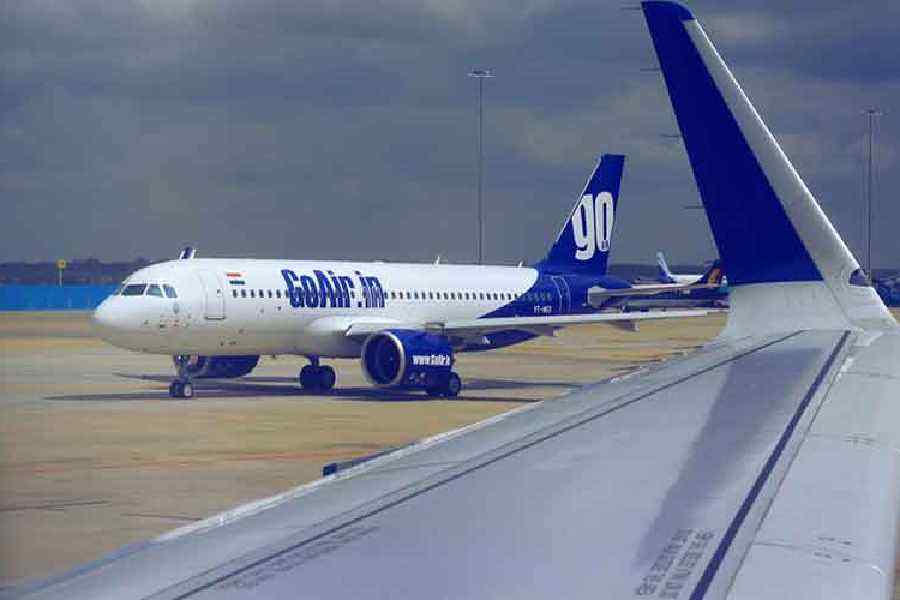India’s aviation watchdog has put on hold requests from lessors to repossess planes from Go First, as the airline’s bankruptcy process imposes a freeze on assets which supersedes such requests, the regulator said in a court filing seen by Reuters.
Lessors of Go First have locked horns with Go First and India’s Directorate General of Civil Aviation (DGCA) to reclaim its planes for missed payments, filing as many as 40 requests with the watchdog to allow repossession.
Go First was granted bankruptcy protection on May 10. The lessors argue it has no rights over planes as the leases were terminated by leasing firms, but India’s government, and the airline, disagree with that position and say the bankruptcy law imposes an assets freeze.
In a May 29 court filing, which is not public, the DGCA for the first time detailed it has “no other option” but to keep all applications “pending in abeyance” given the assets freeze.
While the DGCA has not rejected the applications, they have been placed on hold until the end of the moratorium period under the bankruptcy process - which is at least six months but could be longer, it said in the filing.
The legal tussle between the regulator and the lessors is emerging as a key test for New Delhi’s decision-making processes.
Already, SMBC Aviation Capital, the world’s second-largest aircraft lessor, has warned that India’s move to block repossession is making it a “risky jurisdiction”.











